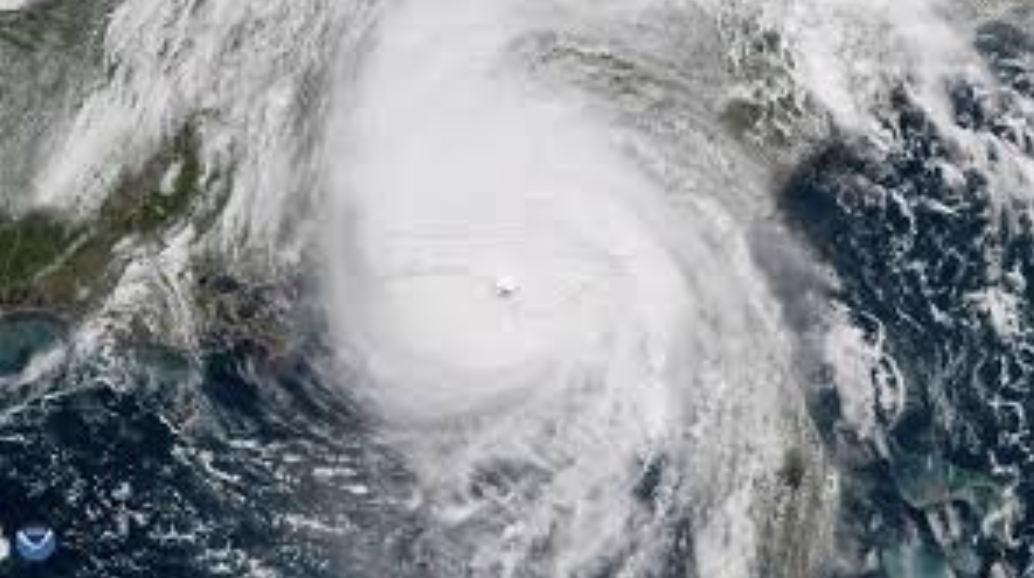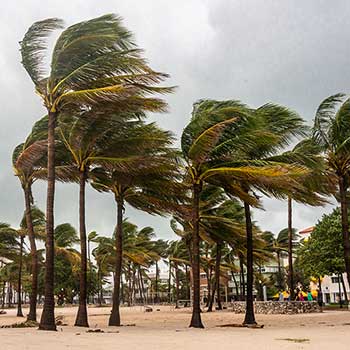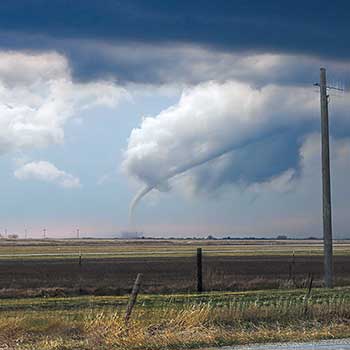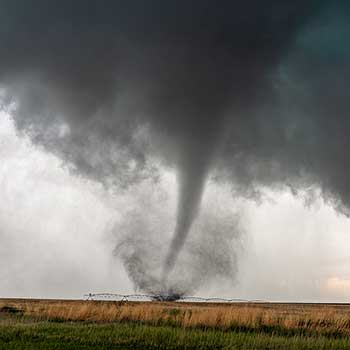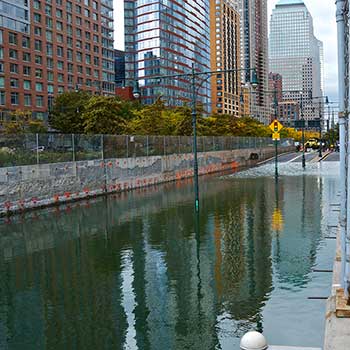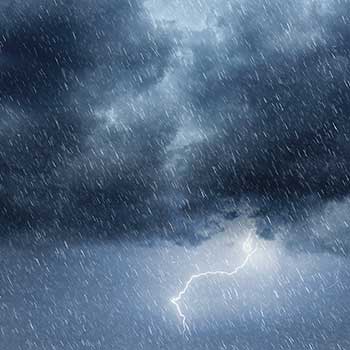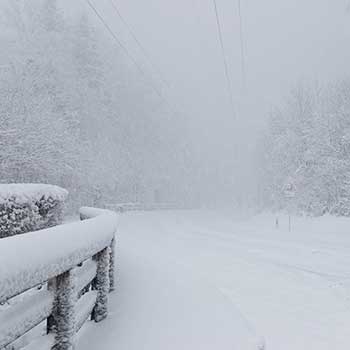Source: Tampa Bay Times
COVID-19 changes everything about storm season: How families and communities will prepare; how residents will evacuate and shelter; and how we’ll deal with the aftermath. Here are seven things you need to know about a hurricane season like no other:
- Plan: You’ll need a plan to hunker down, plans to stay with several friends or relatives, a plan to find a motel room on safe ground, and the locations of nearby shelters. You’ll need multiple options because you don’t know which ones will be disrupted by an outbreak of the virus. The pandemic may end up limiting space in shelters and taking up motel capacity. If you plan to drive to Georgia or Alabama — just like thousands did to flee Irma in 2017, to the dismay of emergency officials — know that the virus makes rest stops, gas stations and restaurants even riskier.
- Home: During the pandemic, the best hurricane shelter might be your home. The people who need to evacuate are those who are at the greatest risk from water and wind — those who live in flood zones and manufactured housing. But if you don’t live in a flood zone, if your house can withstand one category above the strength of the storm heading your way, think hard about staying put. Save shelter space for those who truly need it.
- Safety: If you are able to ride out the storm at home, if your family is isolating and in good health, if you have extra room, consider extending your good fortune. Let other family members or a group of friends hunker down with you.
- Masks: From now on, every hurricane kit should be stocked with pandemic necessities: hand sanitizer, disinfectant wipes and at least two cloth masks per person. So don’t stop trying to buy that stuff over the summer and fall.
- Shelter: Hurricane shelters will be especially vulnerable to a virus that can be transmitted through airborne droplets and remain viable on hard surfaces. Emergency officials recognize this danger and are coming up with strategies to prevent outbreaks.
- New shelters: Opening more shelters helps keep people further apart. Officials are looking at all kinds of structures: motels, vacant dorms, community colleges, ice rinks, multi-purpose facilities. But governments will need more people to staff those shelters, and more resources to maintain them.
- Recovery: A direct strike would be devastating in any year. But this year, recovery will be particularly hard. Floridians who lost their jobs will have less money to get back on their feet. A family that lost one income to the pandemic could lose the other to a hurricane. Municipalities that lost sales tax revenue will also struggle. Everyone will be more reliant on help from the Federal Emergency Management Agency and other government resources.
Contact Us Today for Assistance
If you have experienced an insurance loss from a hurricane, tropical storm or other major weather event, don’t be surprised if the insurance company’s first reaction is to claim that your damage is due to some pre-existing condition or assert that your claim is not covered under the terms of your policy or even cancel your policy based on recently-discovered “errors” in your application.
But don’t worry, experienced and aggressive attorneys from ILG are on your side and will advocate on your behalf to see that you get the benefits you are entitled to. At ILG, we take the time to analyze and interpret your policy and understand the full measure of damages available to you. We work with construction experts, restoration professionals and others to determine the facts.
